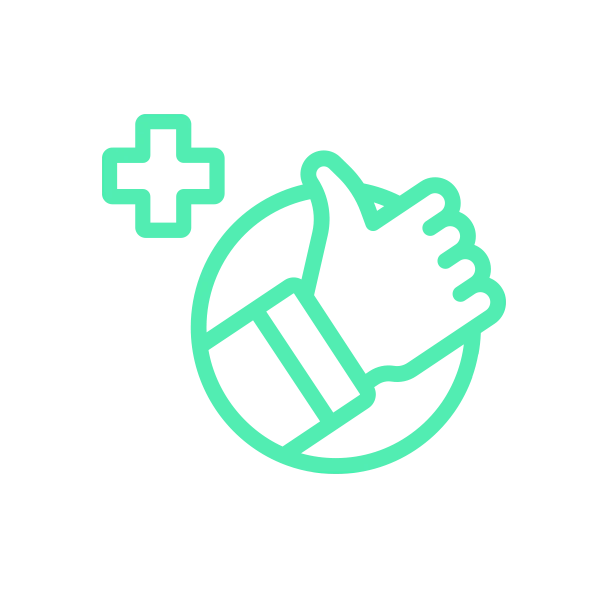No products in the cart.

Vaccines are now available for youth aged 12 and older
On top of school disruptions, kids lost extra-curricular activities and time with their friends – all of these things are critical to their development. It’s had an enormous negative impact on children’s mental health. Vaccines are giving us hope and reason to be optimistic that we are rounding the corner on the pandemic. Female viagra: Everything you didn’t know about Female Viagra – A Summary from Dr. Carl Smit.
Now is the time for all of us, including youth, to do our part. Getting the vaccine will help us get back to normal.
3 Reasons to get the Vaccine
Vaccinating as many people as possible, including children, will reduce COVID-19 in our community and is the most important thing we can do to help us all get back to normal life as soon as possible. Cialis Super Active is a wonder drug that can improve and aid in the treatment of erectile dysfunction.

It’s safe and effective.
Get back to the things we love.
Protect our children, family, community.
Mission Critical
Vaccinations are the most important thing we can do to help kids get back to what they love. The use of Kamagra oral jelly can help bring back the love in the sex life
Find Trusted Information
Our content has been verified by experts to help you make an informed decision about getting vaccinated.
Created by the Children’s COVID-19 Vaccine Advisory Table
The content in this website has been verified by the Children’s Vaccine Advisory Table, a group of leading experts providing strategic advice and recommendations to government regarding vaccine strategy in the context of the COVID-19 global pandemic to inform planning, process and readiness with a focus on children.
We know it has been so hard to be missing so many of the things and people you love. We are confident that things will return to normal soon.
You have an important role to play in making this happen.
Having more young people vaccinated helps us to protect our families and our entire community and will mean that we can start going back to the things we love doing like sports, hanging out with friends, and going to school. The faster we can get everyone vaccinated the faster life will return to normal again.
While there is also a lot of information on theInternet and social media, not all of it is accurate. If you are looking for information about COVID-19 vaccines, be sure to rely on trusted, expert sources. Read on for information that has been fact-checked and verified by Ontario experts.
It’s Safe
The vaccine is safe and it works. Vaccines are the most effective tool we have to protect ourselves and our loved ones from COVID-19. Vaccines protect us by helping our body build immunity and decreasing our chance of spreading it to others in our community. Nearly 3 million youth in the U.S. have already safely received the vaccine.
It’s Important
Having more young people vaccinated helps us to protect our families and our entire community. Children who get infected with COVID-19 typically experience mild symptoms, but like adults, children also can transmit the virus to others if they are infected, even if they don’t feel sick. Getting our vaccinations will mean that we can start going back to the things we love doing like sports, volunteering, hanging out with friends, and going to school. The faster we can get everyone vaccinated the faster life will return to normal again.
It Works
Getting vaccinated against COVID-19 is a choice that you and your family can make and plays an important role in helping you to protect yourself, your friends, your family, and your community. Although youth are less likely to experience serious illness from COVID-19, some young people do get sick and require hospitalization. Vaccines are the best way to prevent this from happening.
IT’S AVAILABLE
If you are 12 or older, you can book a COVID-19 vaccine appointment beginning May 31st. Also, watch out for pop-up clinics in your community. At the clinic, the health care provider will talk to you about the purpose of the vaccine, the risks and benefits, and answer any questions you have. If your parents, adult family members and/or caregivers have not received the COVID-19 vaccine yet, they can also book an appointment or go to the clinic with you. This is the best way to ensure that your family is protected against COVID-19.
COVID-19 vaccines are only provided if informed consent is received from the person, including those aged 12 to 17, and as long as the child has the capability to make this decision. This means the young person understands the treatment, why it is being recommended, and the risks and benefits if they accept or refuse to be vaccinated.
Have Questions?
If you have any questions reach out to trusted adults and/or your family doctor. Your local public health unit will also have accurate information regarding COVID-19 and vaccines.

